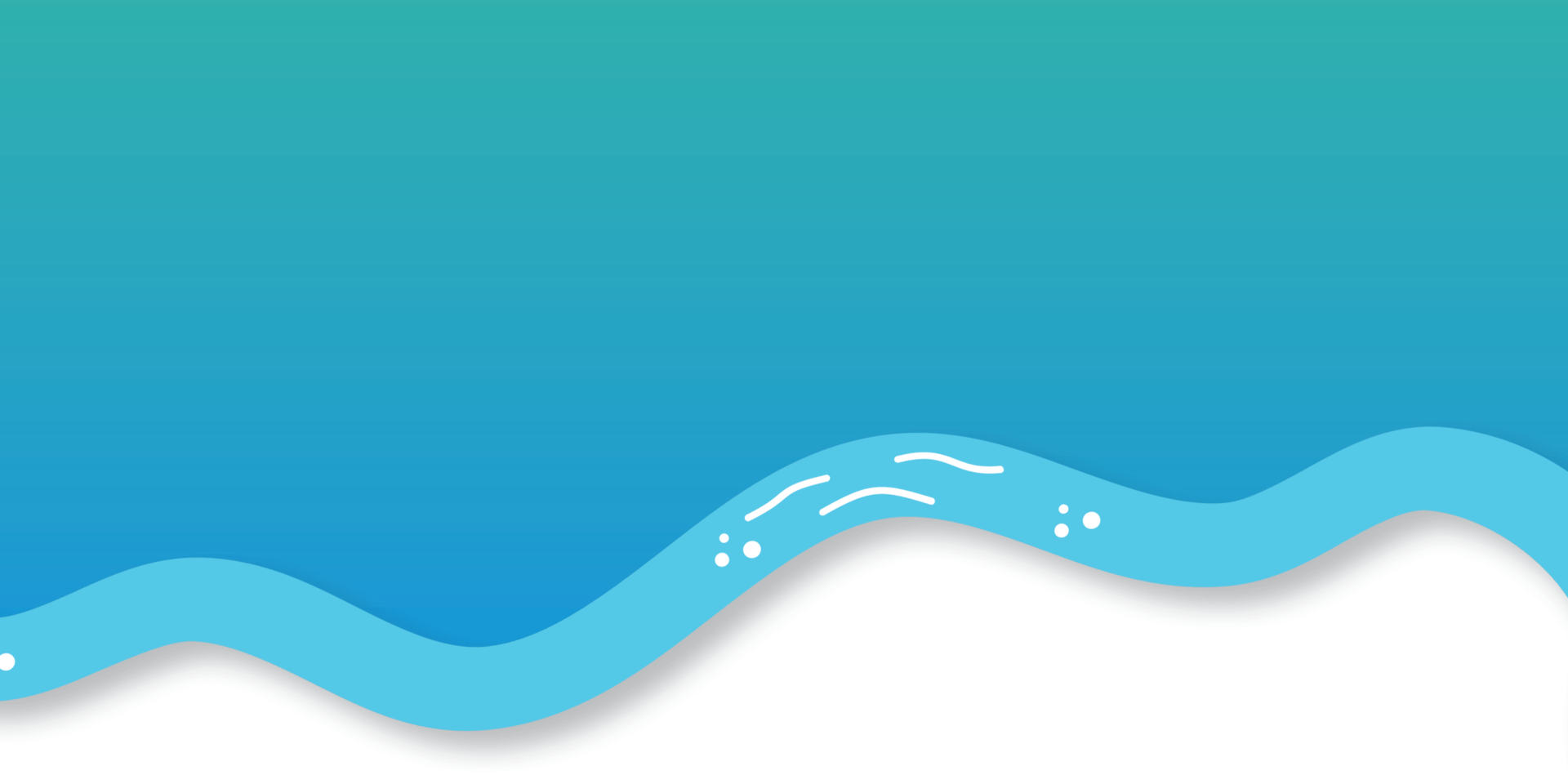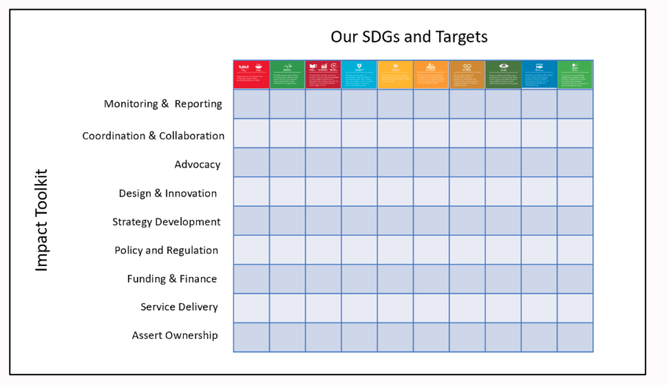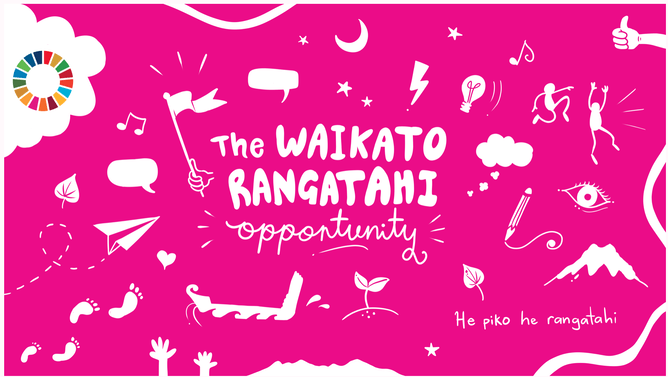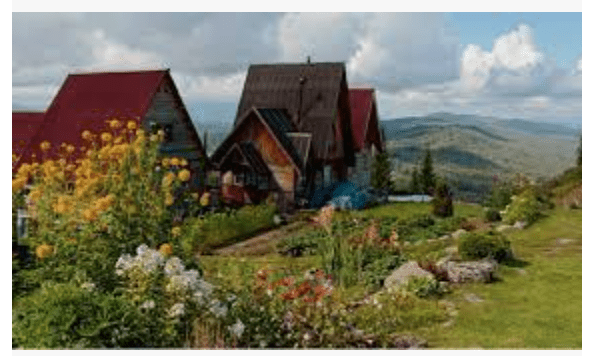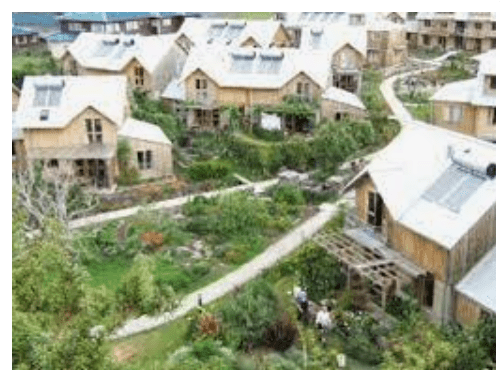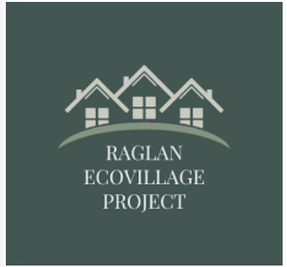E aku iti, e aku rahi, tēnā koutou
In 2021 we developed and confirmed our operating model, recruited our Kaitiaki Advisory Board, and started to make progress across a number of our SDG target areas - especially rangatahi wellbeing (SDG 4,8,10). We also contributed to the Waikato Housing Initiative (SDG 11) by developing a housing dashboard and supported early stage ideation processes in Hunger and Poverty (SDG 1,2), Health and Wellbeing (SDG 3), Climate Action (SDG 13) and Life on Land/Biodiversity (SDG 15). We made connections with many people in our community, wellbeing and sustainable development leaders across the region and the motu, as well as in Wellington.
As we head into 2022, our attention turns towards our goals for this year and beyond. Through our approach we have committed to doing things differently, with a view towards insight and breakthrough, with an eye on creating innovative, positive impact. Our Kaitiaki Advisory Board and Manu Taki are holding hui in February to explore what our priorities and projects might be for the next 12-18 months. As we explore our options, we will be asking ourselves and others these key questions:
- Across the 17 sustainable development goals (SDGs), what are the highest priority ones for the Waikato if we want to be a sustainable and inclusive region by 2030?
- Within these priorities, what kinds of actions do you think will make the greatest difference?
- What can the Waikato Wellbeing Project do to advance these priorities & actions and achieve impact?
Michael Porter described the essence of strategy as “choosing what not to do”- and with that in mind, if we are going to be strategic we won’t have the same level of involvement in every SDG. For some we might jointly decide to “go deep” and jointly explore an SDG in some detail, while linking to other SDGs as appropriate. In other SDGs, our involvement might be more limited - supporting a specific initiative which will help achieve impact. This is especially the case where there are already established and mandated regional leadership initiates, which we would not want to duplicate. The Waikato Housing Initiative (SDG 11) is an example of this. Also, there might be some areas where we can contribute towards wellbeing by offering a service across all SDGs - for example monitoring and reporting on progress towards our SDG targets.
By adopting an approach like thus, we can build up a matrix approach towards the roles and functions we undertake. A simple model of a matrix is shown below. IN the model we have choices about:
· Which SDGs we prioritise (vertical priorities)
· What tools we use (horizontal priorities)
· The extent of our involvement- both vertically and horizontally
We’re keen to hear from everybody with ideas and suggestions about how we can continue to develop the project so that it has impact. If you’ve got some thoughts - please get in touch, we’d love to hear from you!
LEAD SOCIAL INNOVATOR
We are looking for a dynamic and energetic lead social innovator who can continue to bring fresh thinking, innovation and agility into our projects and accelerate our progress towards impact. This role is designed to enable and catalyse social and economic change in priority SDGs/places and will focus on leading our priority projects. We require expertise in human centred design/design thinking with a flair for energising a wide range of people and groups from different backgrounds and geographies.
As well as being strongly data-led, you will have a strong sense for empathy-led approaches and will be quickly able to build trust amongst people who might not normally engage in major projects. You will have a very strong project management background and will be comfortable with complexity and uncertainty.
Ideally you will have a strong level of knowledge and experience of Te Ao Māori and Mātauranga Māori as it applies to solving complex challenges in the Waikato region. This may be through your considerable experience working with mana whenua in the Waikato and/or you whakapapa to Waikato Māori.
We are open to proposals from people about how this important role could be filled. We will consider part or full time applicants, as well as people from a wide range of backgrounds and experiences. If you are interested please get in touch!
Rangatahi Opportunity Project
Over the last few months leading up to the Christmas break, the core team of He Piko He Rangatahi (The Rangatahi Opportunity), have focused on gathering insights and real stories from rangatahi. We did this by conducting empathy interviews with rangatahi and people working with rangatahi. Alongside this, we have received the NIDEA Literature Review which provides qualitative research and a high-level overview of key themes from relevant literature. A total of 21 interviews have been conducted thus far - 12 of those are Rangatahi interviews and the other 9 are Advisor interviews. Some of the common themes that emerged are institutionalised racism, mental health, and the state of career guidance.
Where to next for this project?
We are now planning on completing the empathy interview phase by gathering a few more rangatahi voices and then theming them along with the NIDEA report to bring forward all the insights done thus far. We will also start our series of Wall Walks so that we can share the beautiful and inspiring stories with you (keep an eye out on our Social Media pages for any updates!). Following that, we will bring together our amazing rangatahi and collaborators at a co-design hui so that we can share and hear different perspectives on how we can move forward.
Raglan Eco-Village Project
Raglan Eco-village Project, a new opportunity is being developing for the wellbeing of our region.
“It’s all about coming together for the good of both land and people” Nadine, the visionary behind the new Raglan Eco Village says.
In Whaingaroa, a wellbeing and ecological initiative is taking shape, the Raglan Eco-Village, a project with a vision that states: “To live in a regenerative way, healing and connecting the whenua and people”.
The idea developed by Nadine Simsar is steadily progressing: “I spent time living in an eco-village when I visited my sister in France, and I instantly discovered the benefits this kind of living can bring to the community, not just in terms of well-being due to the interconnections or for protection of the natural ecosystems, but also I thought it could be also a way to solve some of the housing issue in New Zealand”
Similar in nature to Earthsong – an innovative cohousing community that mushroomed in west Auckland well over a decade ago now – the Raglan Ecovillage Project would ideally have between 30 to 50 sustainable ecohouses based on 23ha of land for residents who believe shared living is the way of the future. Part of the land will be dedicated to restoration. This will transform what was farming land into a sanctuary of endemic plants and animals to preserve our nature for future generations..
At this stage the project is trying to reach funds for its feasibility study. Although the project is working with the hypothesis of the land secured on Upper Wainui Rd, they are developing a conceptual design proposal that can be applied to other places, not just because we need to be open to other locations but also because the aim is that the feasibility study could be used, applied and transferred to other initiatives in the region.
For more information contact the Raglan Ecovillage team:
https://www.raglanecovillageproject.com
Harvey Brookes
Kaiwhakatere - Executive Director
Hinonga Toiora o Waikato | Waikato Wellbeing Project
